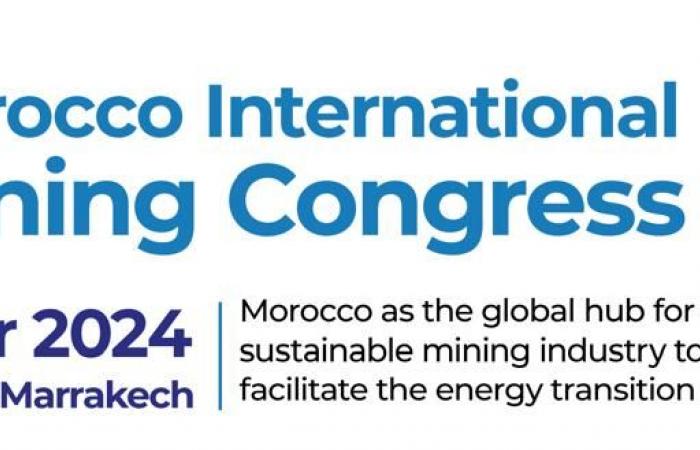The Northern Engineers Forum opened on Friday at the National School of Applied Sciences of Tangier (ENSAT), under the theme “The Digital Economy: Catalyst for agile and sustainable governance at the dawn of Digital Morocco 2030 “.
This two-day event, organized by the ENSAs of Tangier, Tetouan and Al Hoceima and the Faculties of Science and Technology (FST) of Tangier and Al Hoceima, brings together students from establishments under the Abdelmalek Essaâdi University ( UAE), as well as representatives of the economic fabric, with the aim of facilitating the integration of students into the job market and discussing development issues and the human resources needs of the sectors economic.
It is also an opportunity to explore how digital technologies, such as artificial intelligence and Big Data, can be integrated into our institutional practices to not only improve management effectiveness, but also respond to environmental challenges. and contemporary social.
For companies, this Forum represents a valuable opportunity to directly meet young talents trained in the latest technologies and the challenges of the digital age, while for students, it is an opportunity to meet recruiters from large national companies and international companies, prepare for the digital economy and establish strong professional networks, by connecting with industry experts and mentors, offering them advice and a concrete vision of the challenges of the job market.
The 2024 edition places particular emphasis on the digital economy as a driver of agile and sustainable governance, a crucially topical subject at the dawn of the Morocco Digital 2030 strategy. This theme invites us to reflect on the role that engineers will play in the digital transformation of the country, ensuring a transition towards a more inclusive and efficient economy.
Read also| Maroc Digital 2030: a real roadmap for the digital transition, according to the Estonian Minister of Foreign Affairs
In this context, companies have the opportunity to show how they integrate digital solutions and artificial intelligence to improve their processes and contribute to more responsive and resilient governance. Speaking during the opening ceremony of this event, which took place in the presence of the Consul General of France in Tangier and representatives of the Tangier-Tetouan-Al Hoceima regional council and the regional economic fabric, the director of the ENSAT, Ahmed Moussa, highlighted that the forum provides the opportunity for participants to explore digital technologies, artificial intelligence and big data and how to integrate them into institutional transactions, in order to develop the management system, and find solutions effective in addressing environmental and socio-economic challenges.
It is also a question of discussing strategic mechanisms to ensure the success of digital transformation, in accordance with the High Royal Instructions aimed at ensuring the transition towards an inclusive and innovative economy, he noted, indicating that the UAE, through the three ENSAs and the two FSTs, works to train around 1,000 engineers per year in promising sectors, such as IT, electronics, network systems, the environment and sustainable development.
For his part, the vice-president of the Regional Council, Rafik Belkorchi, reviewed the initiatives carried out by the council with a view to strengthening digitalization in administrative management and strategic planning, in addition to its adherence to the open government program , which is mainly based on digitalization, considering that the digital economy is a gateway to balanced, global and sustainable development, through its contribution to the search for innovative solutions to the challenges posed.
For his part, the dean of the FST of Tangier, Mustapha Diani, indicated that the university establishments of the Northern region are committed to meeting the needs of the economic sectors in qualified human resources, through the expansion of the educational offer and the launch of new courses in line with the job market, specifying that the Faculty offers 7 digital courses.
The program of this event includes two round tables on the themes “strengthening digital skills and cybersecurity: anticipating an agile and secure workforce for the Morocco of tomorrow” and “soft skills to develop in the era of the digitalization of the professional world.









